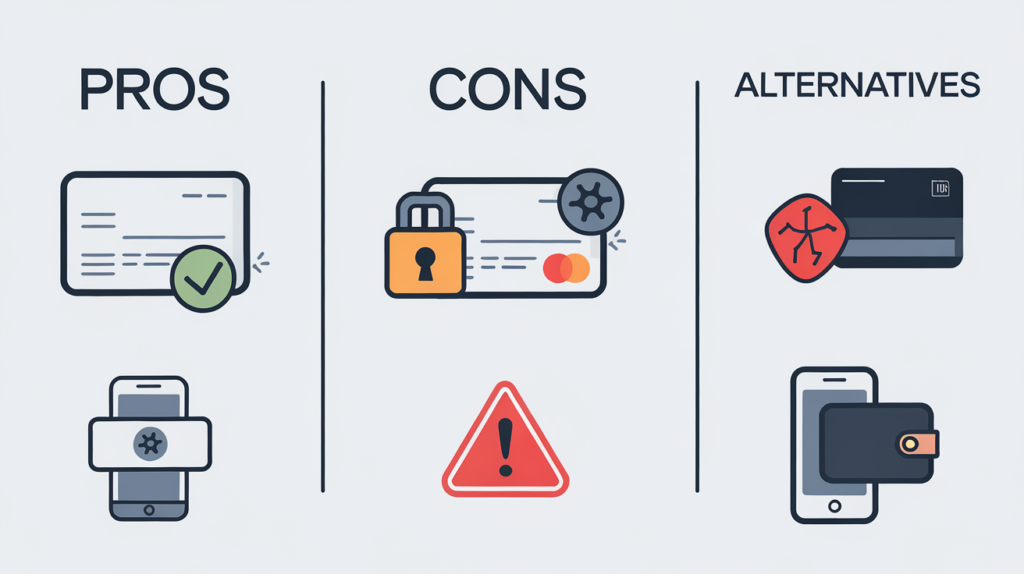Understanding the Key Factors Lenders Consider Beyond Credit Scores
Credit scores are a crucial indicator of an individual’s credit health, widely used by creditors to assess the potential risk of lending money. However, credit scores have their limitations, and lenders often consider various factors to determine whether you qualify for a loan or credit card and what your terms will be. At O1ne Mortgage, we understand the intricacies of the lending process and are here to guide you through it. Call us at 213-732-3074 for any mortgage service needs.
Employment History
Lenders may review your job history to estimate income stability. A solid employment track record—such as two or more years at the same company—indicates professional stability and poses less risk. Conversely, a history of frequent job changes could raise concerns. Self-employed individuals may face additional requirements due to potential income instability and may need to provide more documentation to prove their employment and income.
Income
Lenders are generally required by law to assess your ability to repay any debt you incur. Therefore, they want to ensure that your income is sufficient to cover your bills and take on a new monthly payment. Some lenders may also set a minimum income requirement for approval, though these thresholds are not always publicly disclosed.
It’s important to note that you can usually count more than just earned income on a credit application. If you’re 21 or older, you can include other household income, income from government benefits (including unemployment), and retirement income. If you’re under 21, you’ll typically only be able to include earned income.
Credit History
Your credit score provides a quick snapshot of your overall credit health, but it doesn’t tell the full story. Lenders will typically run a hard credit inquiry on one or more of your credit reports to view your full credit history. They will look for missed payments, collection accounts, foreclosure, repossession, bankruptcy, and other items that could indicate financial risk.
Debt-to-Income Ratio
Your debt-to-income ratio (DTI) is the percentage of your gross monthly income that goes toward debt payments. In most cases, your DTI needs to be less than 50% for a good chance of approval. For mortgage lenders, it’s typically 43% or less. A high DTI could indicate that you’re overleveraged with debt, and taking on more could strain your budget.
Assets and Cash Flow
If you’re applying for a mortgage loan, lenders typically ask for information about your cash reserves, investments, and other assets to gauge your financial health. In some cases, lenders may consider your financial assets as evidence of good money management, which can improve your chances of approval, even if your credit isn’t stellar.
Additionally, some lenders may ask you to connect your bank account to evaluate your financial responsibility via your cash flow, or how well you manage your income and expenses.
Collateral
If you’re applying for a secured loan, such as a mortgage or auto loan, your lender will consider the value and condition of the collateral you’re using to secure the debt—typically the asset you’re buying with the loan. Lenders usually have limits on how much they’re willing to finance in relation to the asset’s value. For example, you may be able to borrow up to 130% of a car’s value with an auto loan, but with some mortgage programs, home lenders may only finance up to 95% of a home’s appraised value.
Housing Status
Lenders may ask about your housing status—whether you rent or own your residence and what your housing payment is. They may consider your home stability as part of your overall risk assessment. Frequent moves could indicate issues with money management. Lenders may also want to know your rent payment, if applicable, because it won’t be listed on your credit reports.
Prepare Your Credit and Finances Before Applying for Credit
Before applying for a loan or credit card, it’s a good idea to check your credit score and review your credit report to evaluate your credit profile and identify potential issues you can address before starting the application process. Consider paying down credit card balances, eliminating small loan balances, and taking other steps to shore up your finances and improve your credit. This process can take time, but if your need for credit isn’t urgent, the time and effort can help you maximize your approval odds and interest savings.
At O1ne Mortgage, we are dedicated to helping you navigate the complexities of the lending process. Whether you’re looking to buy a home, refinance, or need advice on improving your financial health, our team of experts is here to assist you. Call us today at 213-732-3074 for any mortgage service needs. Let us help you achieve your financial goals with confidence and ease.







